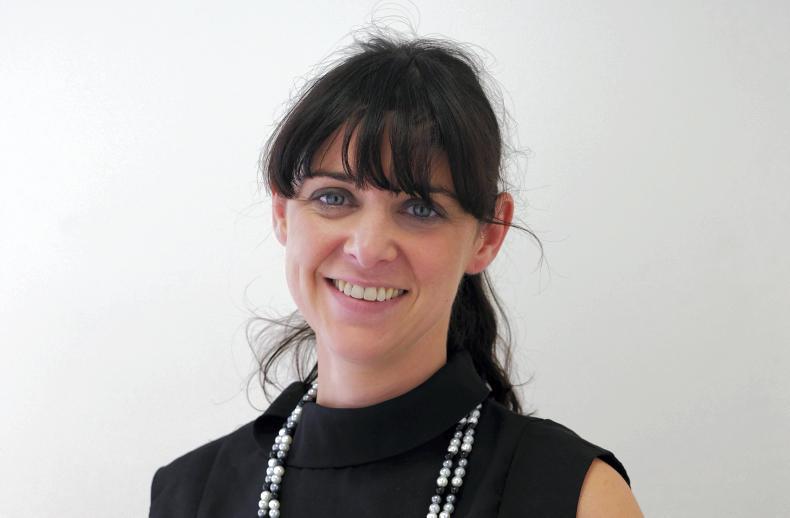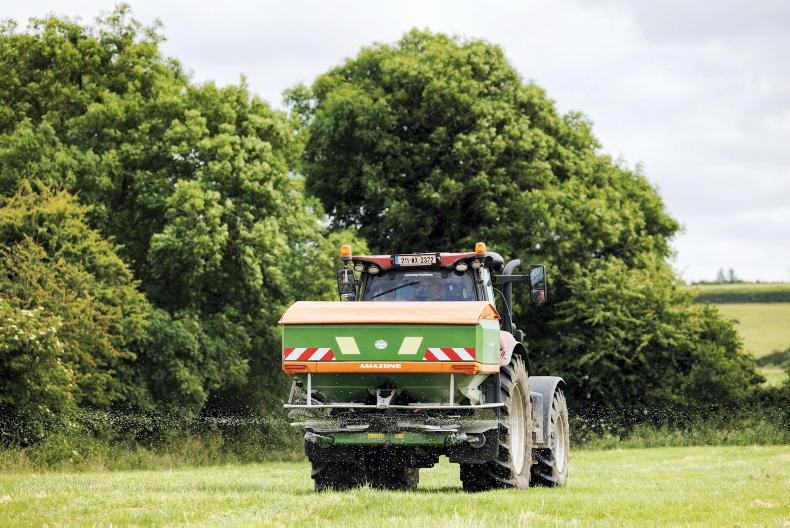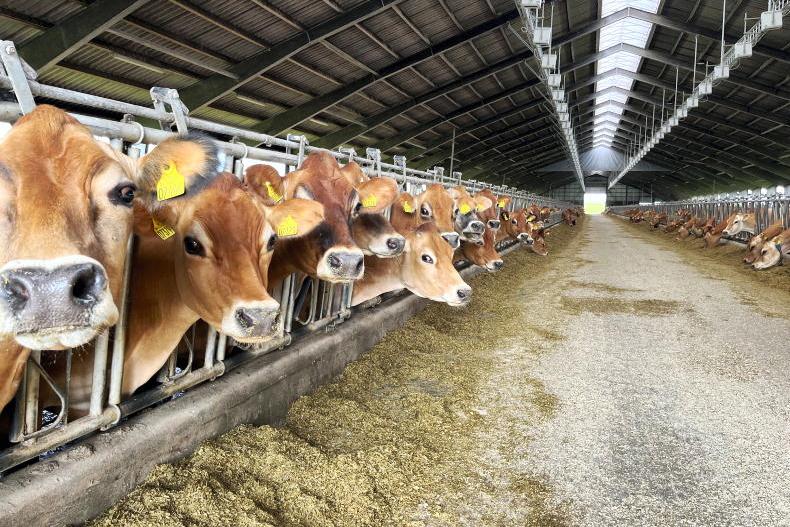The pandemic has caused planes to be grounded and cars to be parked up as those who generally commute to their offices work from their kitchen tables instead.
In April 2020, daily global CO2 emissions were down 17% compared to the mean of 2019, according to the Integrated Carbon Observation System (ICOS). The group attributed this to the changes in our transport habits. Meanwhile, the cows kept grazing and belching, and still the emissions dropped. So, environmentally it has been good, right? We should be off the hook. There is a strong argument here, but it won’t be simple. As the old saying goes: “What goes up, must come down.” Or in this case – what goes down, must go back up.
A meme doing the rounds goes something like “imagine lockdown if there was no internet”. Yes it has been bad but, from a consumer perspective, we could still order pretty much anything we wanted online. We could still see people through the video chat facilities that are open to us and many people could work as if nothing had changed. According to the CSO, online sales represented 15.5% of the total turnover of Irish business in April, the highest online share since they started collecting the data in November 2018. The internet has been a godsend for many people and vital to the survival of Irish companies.
UK researchers suggest that the internet and all the supporting systems account for a similar amount of greenhouse gas emissions as aviation
We have been very successful in attracting information and communications technology (ICT) companies to Ireland. This foreign direct investment (FDI) has been good for the economy. But everything has a price and most things also have an environmental price. The ability to work, shop and communicate from home, while your car idles outside your house, is no different. UK researchers suggest that the internet and all the supporting systems account for a similar amount of greenhouse gas emissions as aviation (3.7%) when all the little bits of data are added up.
According to the IDA, Dublin hosts one of the densest clusters of data centres in Europe. Why? The IDA on its website calls it a “low cost environment”, in that Ireland offers a “free air-cooling” climate that they claim “dramatically reduces the cost of hosting data, thus potentially saving companies millions in energy costs each year”. What is this cost? Well it’s water. And despite how much less water is needed here, the weekend the hosepipe ban was introduced, the Sunday Business Post revealed that a data centre can use as much water as a town the size of Kildare in a year to cool its servers.
Emissions rebounded to within 5% of the 2019 levels as soon as countries eased their confinement policies, the ICOS data shows. Although many people are hoping for what they consider to be this “simpler life” to continue, others are keen to get back to the lives that they had pre-COVID. So are businesses. The return to normality is coming.
In his column this week, Damien remarks that the programme for government is a step toward farmers and environmentalists working together. On Friday of this week we will see if the document goes far enough to get support from the various party memberships. Who would have thought that Ireland’s climate, perfect for growing grass for cows would also be perfect for storing data. The cows may have an environmental cost but so do other things we choose not to see. Let’s hope all parties go into this with their eyes open.
Read more
A picture paints a thousand words
The pandemic has caused planes to be grounded and cars to be parked up as those who generally commute to their offices work from their kitchen tables instead.
In April 2020, daily global CO2 emissions were down 17% compared to the mean of 2019, according to the Integrated Carbon Observation System (ICOS). The group attributed this to the changes in our transport habits. Meanwhile, the cows kept grazing and belching, and still the emissions dropped. So, environmentally it has been good, right? We should be off the hook. There is a strong argument here, but it won’t be simple. As the old saying goes: “What goes up, must come down.” Or in this case – what goes down, must go back up.
A meme doing the rounds goes something like “imagine lockdown if there was no internet”. Yes it has been bad but, from a consumer perspective, we could still order pretty much anything we wanted online. We could still see people through the video chat facilities that are open to us and many people could work as if nothing had changed. According to the CSO, online sales represented 15.5% of the total turnover of Irish business in April, the highest online share since they started collecting the data in November 2018. The internet has been a godsend for many people and vital to the survival of Irish companies.
UK researchers suggest that the internet and all the supporting systems account for a similar amount of greenhouse gas emissions as aviation
We have been very successful in attracting information and communications technology (ICT) companies to Ireland. This foreign direct investment (FDI) has been good for the economy. But everything has a price and most things also have an environmental price. The ability to work, shop and communicate from home, while your car idles outside your house, is no different. UK researchers suggest that the internet and all the supporting systems account for a similar amount of greenhouse gas emissions as aviation (3.7%) when all the little bits of data are added up.
According to the IDA, Dublin hosts one of the densest clusters of data centres in Europe. Why? The IDA on its website calls it a “low cost environment”, in that Ireland offers a “free air-cooling” climate that they claim “dramatically reduces the cost of hosting data, thus potentially saving companies millions in energy costs each year”. What is this cost? Well it’s water. And despite how much less water is needed here, the weekend the hosepipe ban was introduced, the Sunday Business Post revealed that a data centre can use as much water as a town the size of Kildare in a year to cool its servers.
Emissions rebounded to within 5% of the 2019 levels as soon as countries eased their confinement policies, the ICOS data shows. Although many people are hoping for what they consider to be this “simpler life” to continue, others are keen to get back to the lives that they had pre-COVID. So are businesses. The return to normality is coming.
In his column this week, Damien remarks that the programme for government is a step toward farmers and environmentalists working together. On Friday of this week we will see if the document goes far enough to get support from the various party memberships. Who would have thought that Ireland’s climate, perfect for growing grass for cows would also be perfect for storing data. The cows may have an environmental cost but so do other things we choose not to see. Let’s hope all parties go into this with their eyes open.
Read more
A picture paints a thousand words










SHARING OPTIONS